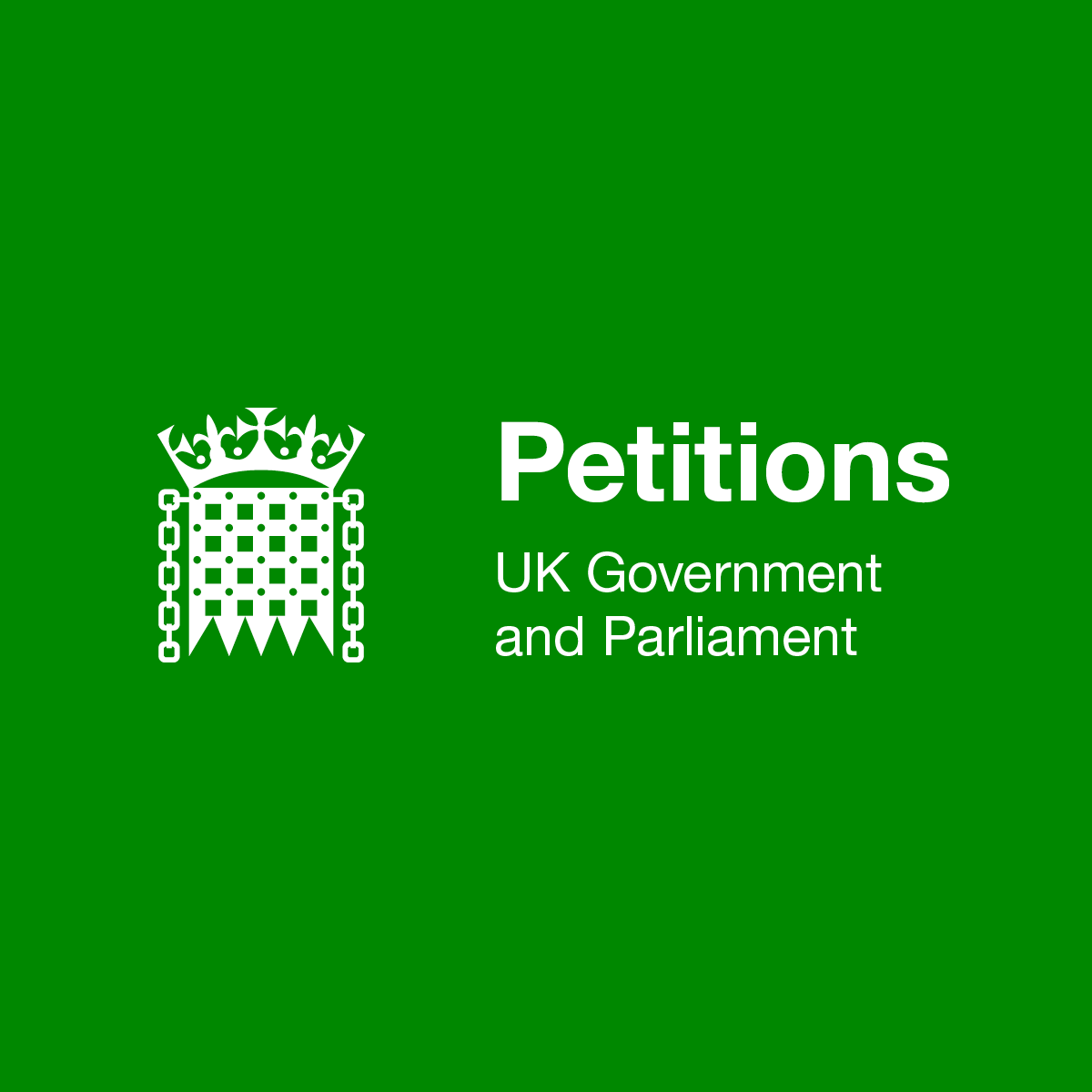The government and Gambling Commission recognise concerns some have with the proposed system of financial risk checks for the highest spending online customers to help identify and tackle gambling related harm. We share the goals that the checks should not overregulate the gambling sector, should not unduly disrupt the millions of people who gamble without suffering harm, and should not cause unnecessary damage to sectors which rely on betting, in particular horseracing. The government is a strong supporter of horseracing, and recognises that it is not the job of either the government or the Gambling Commission to tell people how to spend their money. As outlined in the gambling white paper we are seeking to balance this freedom with the necessary action to tackle the devastating consequences which harmful gambling can have for individuals and communities.
Importantly, the proposals will represent a significant improvement for both businesses and customers compared to the current situation. While the Gambling Commission does not currently have specific requirements or thresholds, we know that operators are applying inconsistent ‘affordability’ checks on a number of customers, often without being clear on why the checks are happening, and normally requiring customers to provide data manually. We have challenged operators to be more transparent with customers in the interim, but the proposed system will be a significant improvement in having clear and proportionate rules which all operators are held to, and allowing for financial data to be shared seamlessly with operators instead of burdening customers with information requests. Both the government and the Gambling Commission have been clear that we would not mandate the checks proposed in the consultation until we are sure that they will be frictionless for the vast majority of customers who would be checked.
This careful targeting of interventions has been a guiding principle during the development of the proposed financial risk checks. We are seeking to protect those at the greatest risk of devastating and life-changing financial losses, and there is a clear need for specific requirements on online operators to prevent substantial unchecked spend. We recognise that this needs to be proportionate, which is why the proposed checks are only on the very highest spending online customers, conducted frictionlessly using data sharing, and do not come with blanket rules for operator interventions if there are no signs of harm. We estimate that the financial risk assessment using data from credit reference agencies will only impact those in the highest 3% of gambling losses. These factors significantly limit the risk of customers migrating to the black market as very few will have their experience in the licensed sector disrupted, either by the checks themselves or as a result of their findings. The financial risk checks are also intended to operate alongside existing requirements on operators to use a range of data to identify customers at risk of harm and decide whether or how to intervene.
The Gambling Commission’s consultation, which ran from 26 July to 18 October, received over 2,400 responses, many of which focused on financial risk checks. Those responses, and this petition, show the benefit of engaging the public ahead of implementing proposals. The regulator and government are working to ensure all views are considered as the proposals are finalised.
Finally, this petition raises the important link between betting and horseracing. The government recognises the enormous value of horseracing as both a spectator sport and through its economic contribution. The white paper’s estimate was that financial risk checks will reduce online horserace betting yield by 6% to 11%, which would in turn reduce racing’s income by £8.4 to £14.9 million per year (0.5% to 1% of its total income) through a reduction in levy, media rights and sponsorship returns. We are working with racing and refining that estimate. We have also commenced a review of the Horserace Betting Levy to ensure a suitable return to the sport for the future.
The government and Gambling Commission are working with the industry and others to ensure the checks can be implemented in an effective but proportionate way. We are also exploring the role of pilots or phased implementation to help ensure this. The Gambling Commission will set out details on its plans in due course.
Department for Culture, Media and Sport

